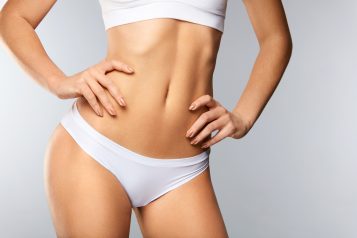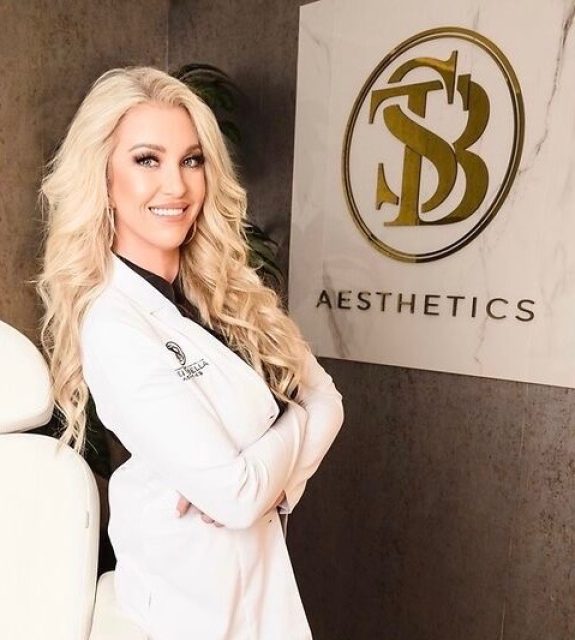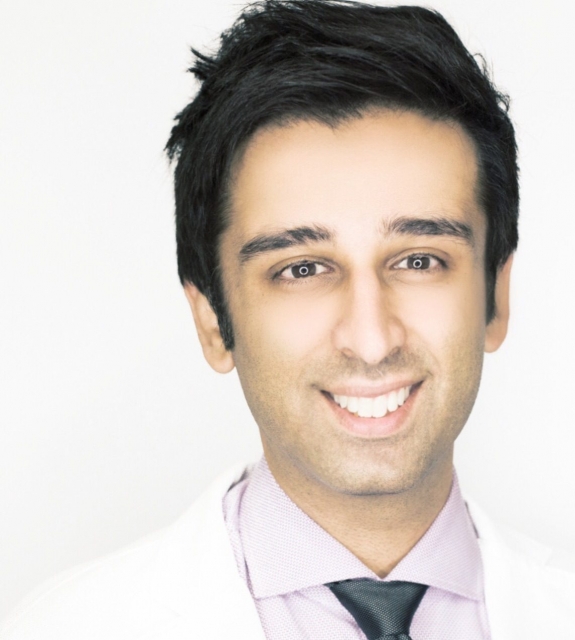Laser treatments are generally associated with hair removal, but lasers can also help skin look amazing. Laser resurfacing is a procedure that uses a laser to improve the appearance of skin or treat minor facial flaws by removing layers of skin. It is appropriate for treating acne scars, age spots, crow's feet, droopy eyelids, sagging skin, scars, sun-damaged skin, and wrinkles. Dr. Lucy Chen of Riverchase Dermatology explained to Haute Beauty about who is a good candidate for laser resurfacing, what prep is required, and what recovery looks like.

Haute Beauty: Who is a good candidate?
Dr. Lucy Chen: Anyone is a good candidate for laser resurfacing. However, if you have a skin type that more easily tans than burns, laser treatments should be selected carefully. You should not seek laser resurfacing if you have active acne, take acne medications, have a weak immune system, easily scar, or have very dark skin.
HB: What are the main reasons for this procedure?
LC: Laser resurfacing is sought by patients who want to improve skin texture, fine lines, wrinkles, pigmentation, pore size. It can also be an all-over refresher for aging or sun-damaged skin. Talk with your doctor about your motivations and expectations, as well as the potential risks. Make sure you understand how long it'll take to heal and what your results might be.
HB: Is there any prep required by the patient?
LC: Patients should consult with their doctor for specific skin preparation treatments prior to laser resurfacing. Retinoids and exfoliators should be stopped prior to the procedure, and the patient should be out of the sun for at least a month. Patients should also stop smoking, and tell their doctor about any history of cold sores. You'll also likely be prescribed some medications to prevent skin infection prior to the procedure.
HB: How long do results last?
LC: Improvement in skin texture lasts for as long as the patient continues to maintain good skincare. Treatment can be repeated every few years.
HB: How long is the recovery?
LC: Downtime for the full laser resurfacing is approximately two weeks, however, fractionated laser resurfacing can cut the downtime by at least half. You can expect to soak and apply ointment to treated areas daily. Recovery is entirely dependent on the type of laser used and the depth of resurfacing needed.
For more information, visit Diane Walder Dermatology by Riverchase's social media:








![shutterstock_1291403395[1]](https://hauteliving.com/hautebeauty/wp-content/uploads/2019/09/shutterstock_12914033951-357x238.jpg)















